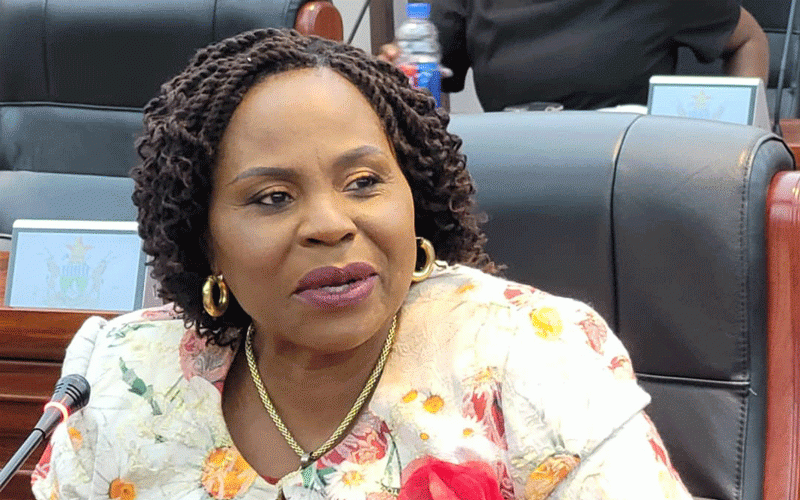
GOVERNMENT has proposed the establishment of a national gender academy that pools knowledge and sets high standards in all areas of study, including in the emergent knowledge tools of artificial intelligence and the digital economy as authorities escalate the fight for gender equality.
Women Affairs, Community, Small and Medium Enterprises Development minister Monica Mutsvangwa said the academy was imperative in closing gaps caused by patriarchy.
Speaking during the inaugural High Level Women in Leadership Summit held in Harare yesterday, Mutsvangwa said there was need to look into setting up the academy with benches at the country’s universities.
“We need to accelerate the slow pace of rural workspace provision for our women, bearing in mind that the majority of the population is still rural and, hence, the slow pace of implementation gives poor rewards and perpetuates rural poverty.
“Every effort must, therefore, be made to lessen the drudgery of the rural economy which inordinately weighs down the woman and the girl child,” she said.
Mutsvangwa reiterated the importance of seizing the opportunity offered by advances in technology to deliver light and energy through harnessing solar power, while aiming to have on-site potable water through boreholes, providing appropriate solar-powered vehicle mobility, thereby ensuring easy access to markets, furnishing digital cloud-based education and striving for universal financial inclusion.
“This avenue must consequently speed up the drive to climate proof farming through rewarding and innovative research and development.
“The Gender Academy that I proposed earlier should identify role models and cast them as pacesetters. Their case studies will be highlighted for easy and fast emulation. After all, the human mind learns faster by example,” Mutsvangwa said.
- Govt adopts UN protocol on child rights
- Zim newspapers struggling: Mutsvangwa
- Brand Zim launched
- Aggression won't build Brand Zimbabwe
Keep Reading
She said Zimbabwe should not forget to forge intergenerational connections based on the gains of the liberation struggle.
“The vision we articulate today resonates with and inspires the next generation of leaders, the young women,” the minister said.
“As we look forward, we must also never forget the historical antecedent of the liberation struggle that has bequeathed to us this foundation on which our empowerment is based.”
Women and girls in Zimbabwe have continued to face numerous challenges, limited access to education, healthcare, economic and political empowerment, and leadership opportunities as well as the negative effects of climate change and deficits in access.
According to a United Nations Development Programme report, the average women’s 2022 Human Development Index is 4,9%, lower than the men’s 2022 HDI average.
Meanwhile, United Nations Women country representative Fatou Aminata Lo has said women’s participation in leadership is not a matter of fairness, but essential for sustainable development and peace.
“When women lead, we see more inclusive governance, more equitable policies and more resilient economies. Economic empowerment is a cornerstone of gender equality,” she said.
“Women must have equal access to education, employment and entrepreneurial opportunities. This includes addressing the gender pay gap, ensuring access to affordable childcare and promoting policies that support work-life balance.”
Aminata Lo said authorities should strive for gender parity at all levels of governance and public administration.
“This means not only increasing the number of women in leadership positions, but also ensuring they have the support and resources needed to succeed.
“Women continue to face barriers in economic empowerment, political participation and decision-making processes. These challenges are not just women’s issues; they are societal issues that affect us all.
“We stand on the shoulders of giants, women who have fought tirelessly for the rights we enjoy today. Yet, despite significant progress, we are reminded daily of the work that remains.”










